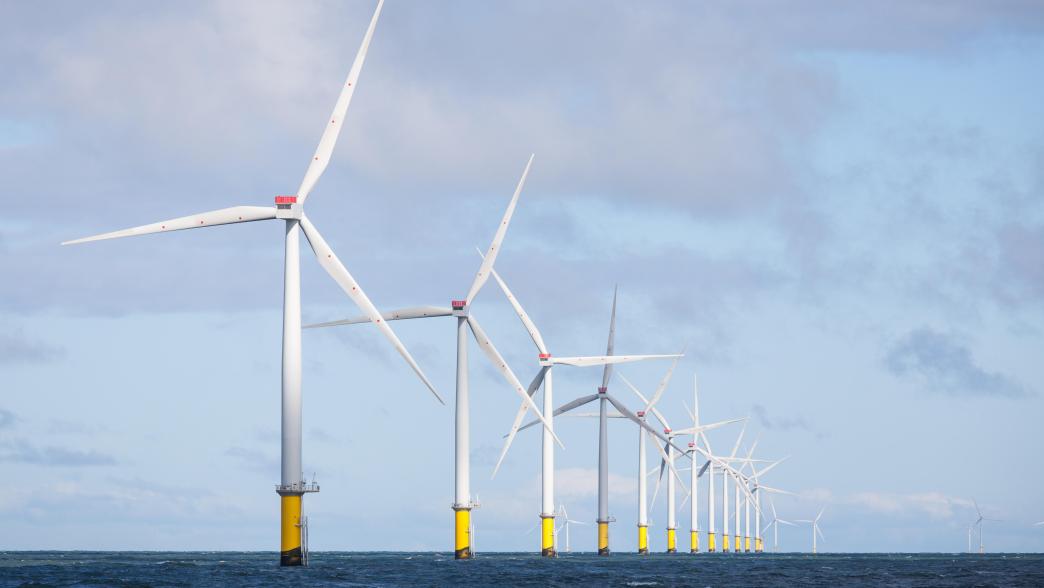Case study
The development of the UK’s offshore wind sector 2010–16
What can this and future governments learn from the UK's successes in offshore wind policy in the 2010s?

What can this and future governments learn from the UK's successes in offshore wind policy in the 2010s?

Government must make managing climate change a priority.
The government's oil and gas bill is performative politics and tarnishes the UK's already diminishing claims to moral authority on climate change.
The Expert Factor team drill down into the changing landscape of net zero.
Passing legislation to introduce same-sex marriage marked an important step in addressing the UK’s past legal discrimination against same-sex couples.